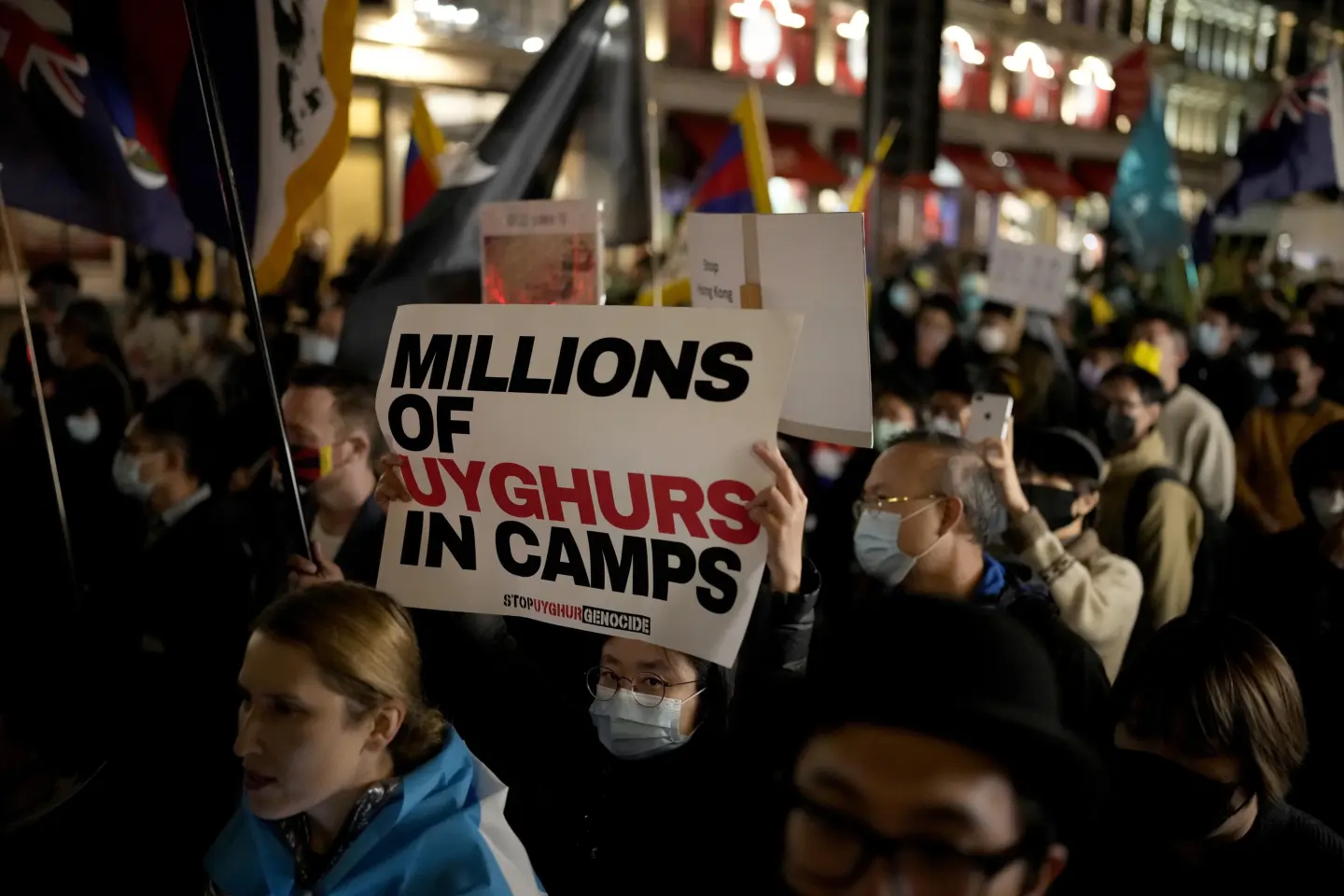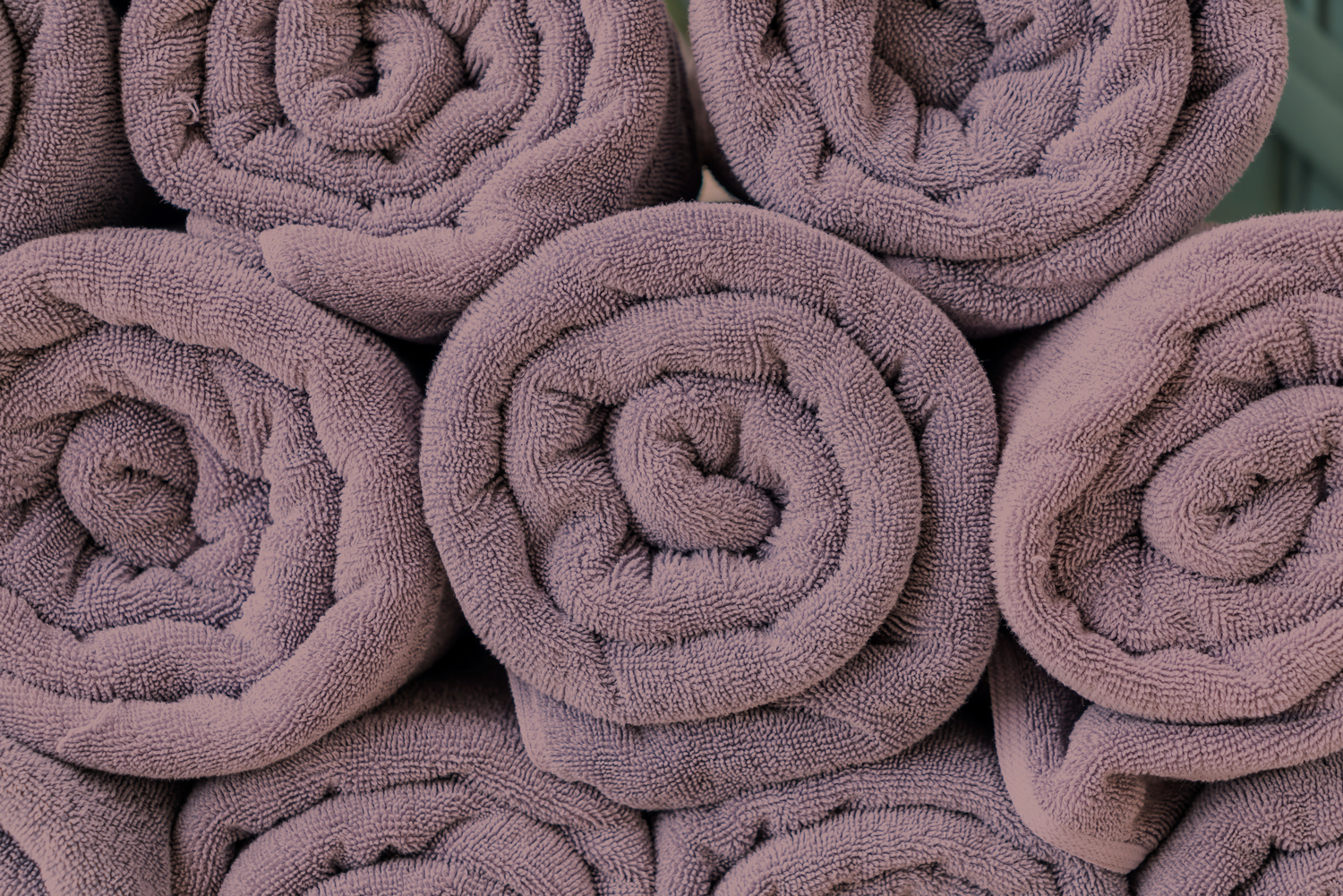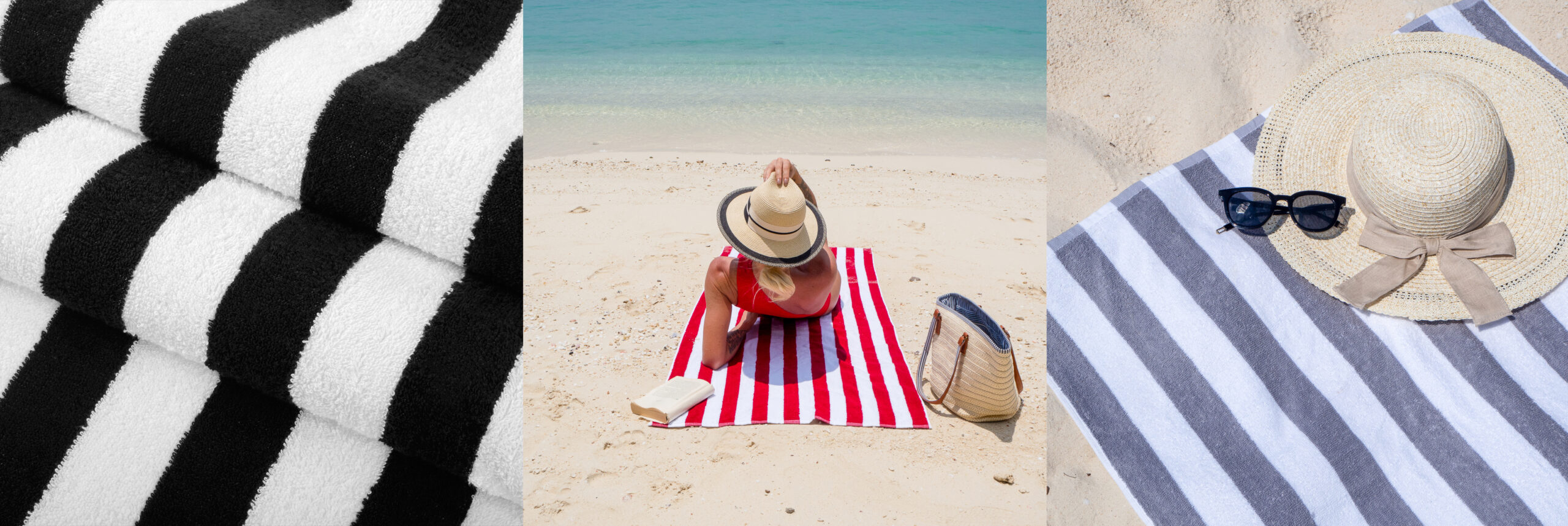Is thread count important in sheets?
We’ve been conditioned to value the highest thread count when buying sheets, but what is thread count in sheets? It’s simply the number of threads or strands woven together in a single square inch of fabric. If you buy wholesale bedding it is important to understand thread count in sheets to avoid buying an inferior product. Let us demystify thread count.
Theoretically, a higher thread count would indicate the sheet is of higher quality, but it’s not all about the count. Multiple factors determine the quality of the finished fabric. The best sheets have the same number of threads woven in both directions, lengthwise (the warp) and widthwise (the weft). This ratio produces a balanced weave called percale. The weave pattern plays a role in the sheet material’s sheen, softness, and durability.



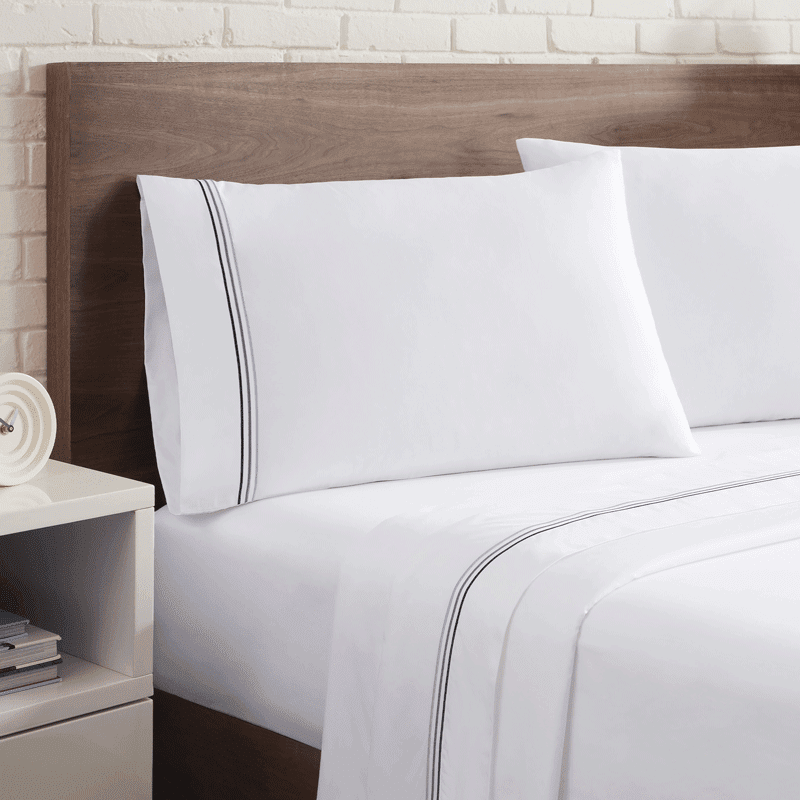
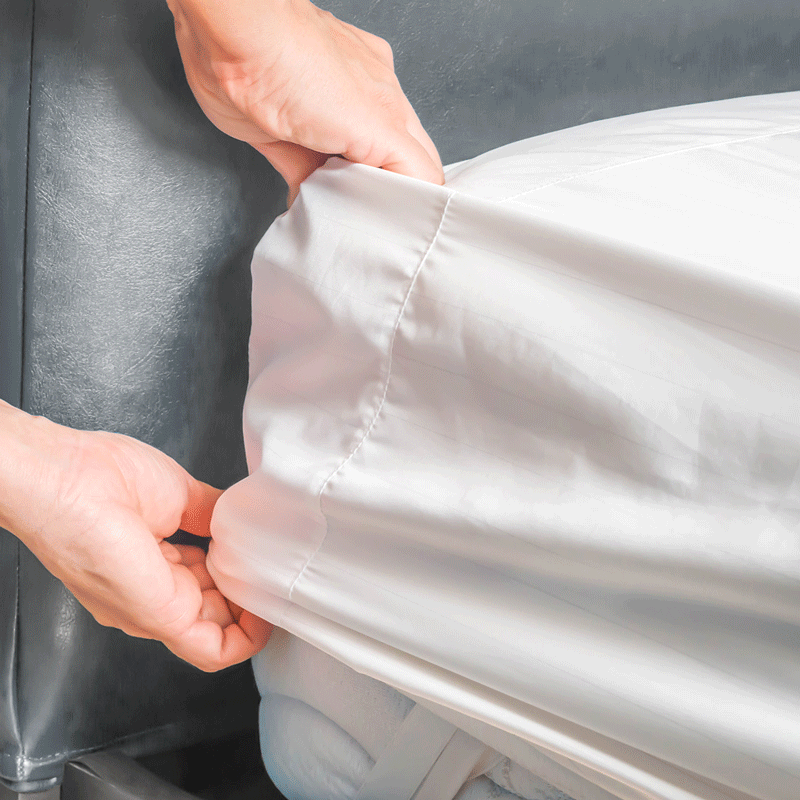
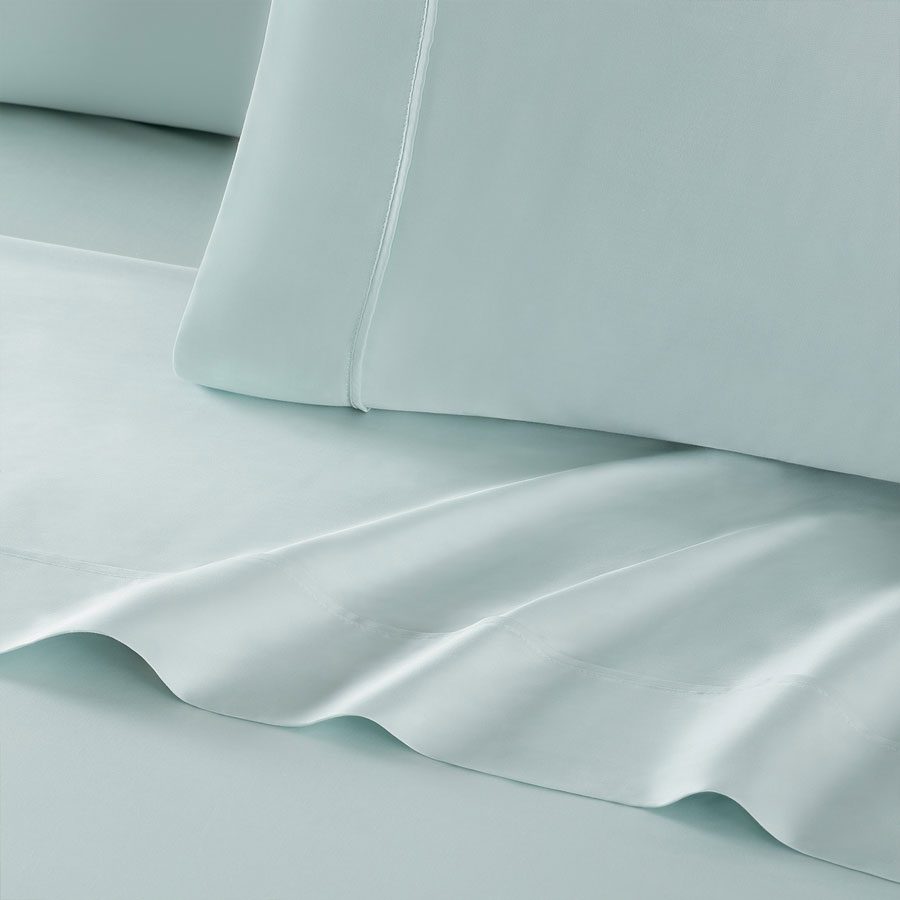
 For more information about our bedding lines, contact Dave O’Malley.
For more information about our bedding lines, contact Dave O’Malley.
